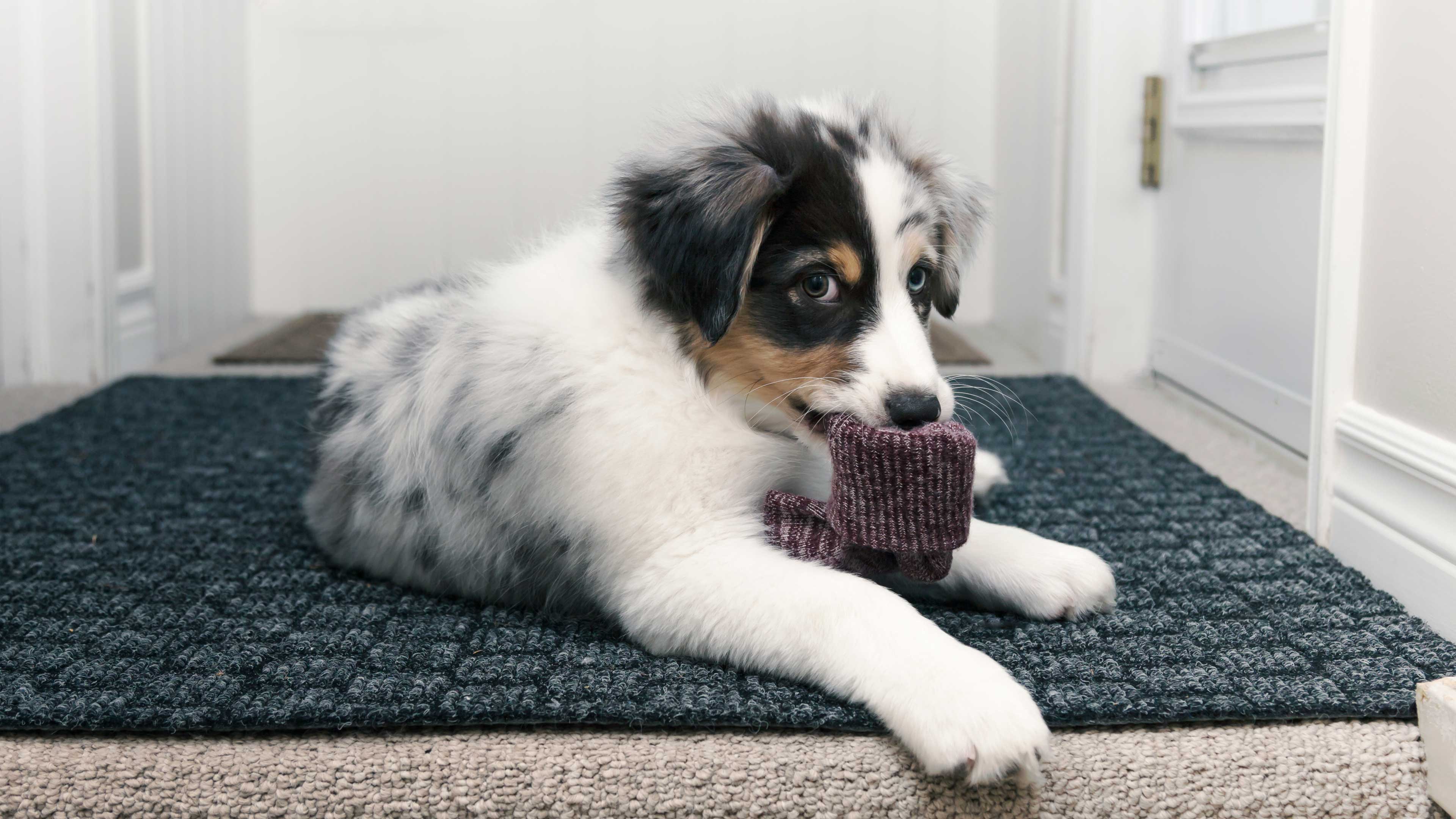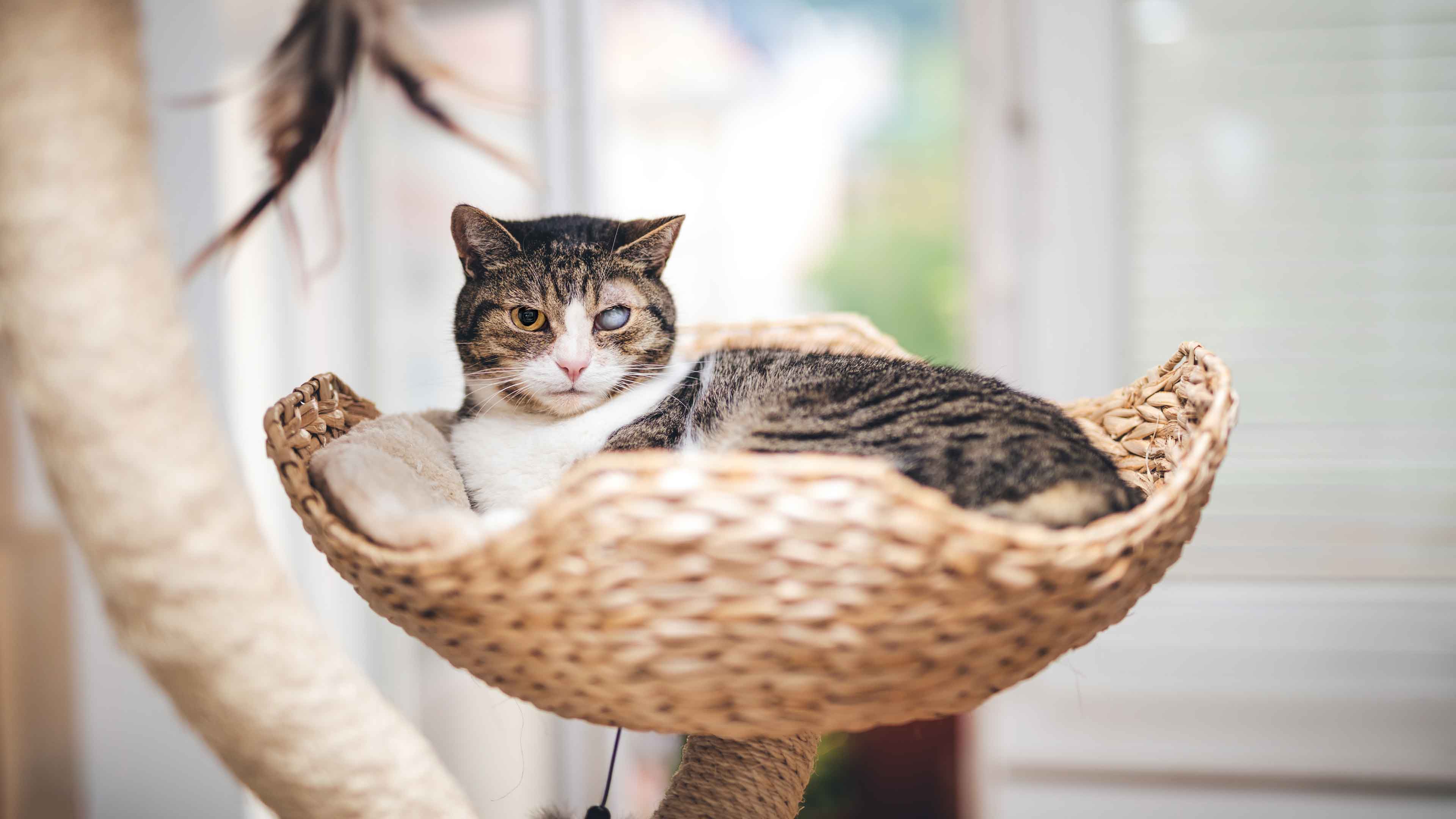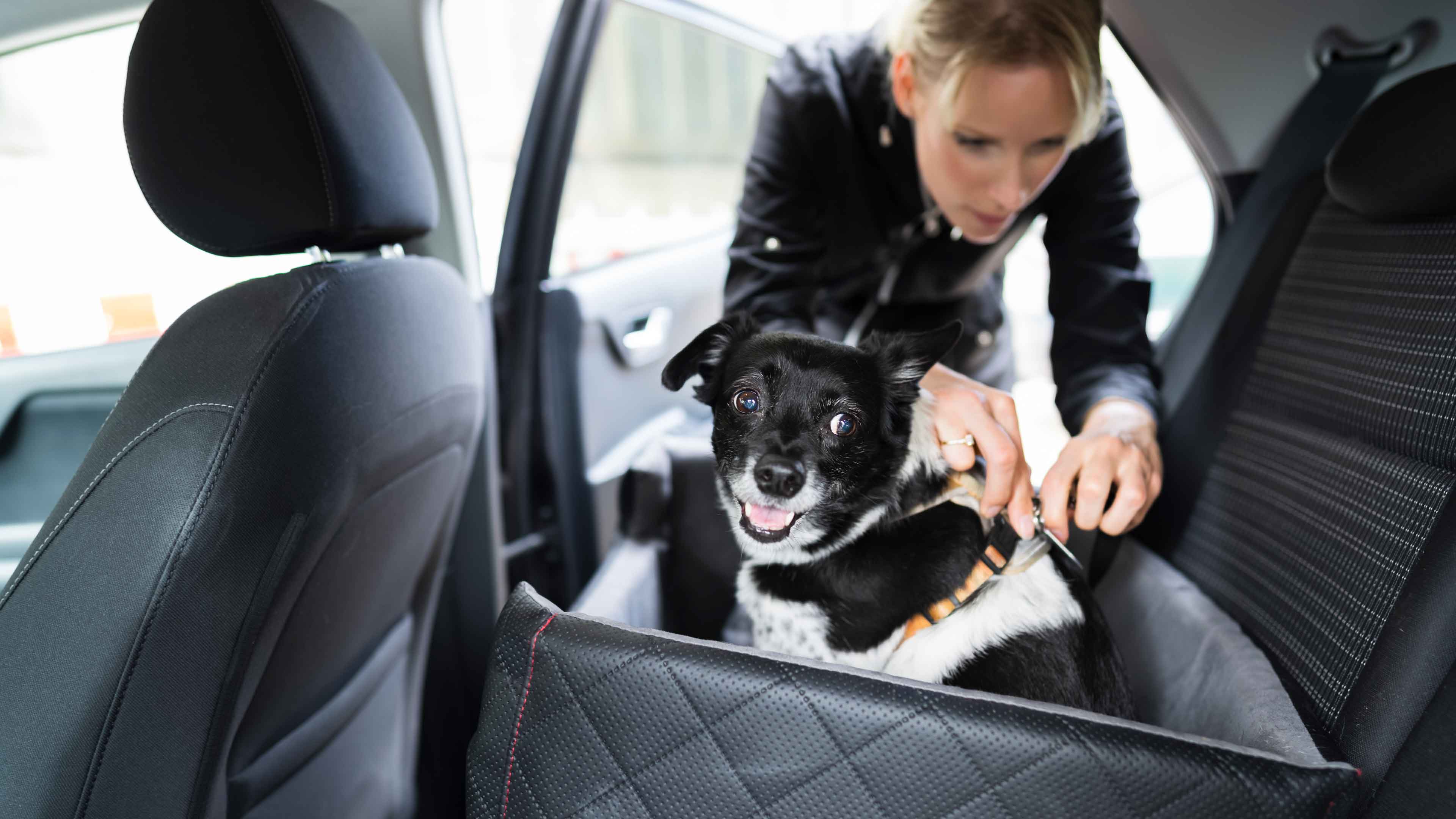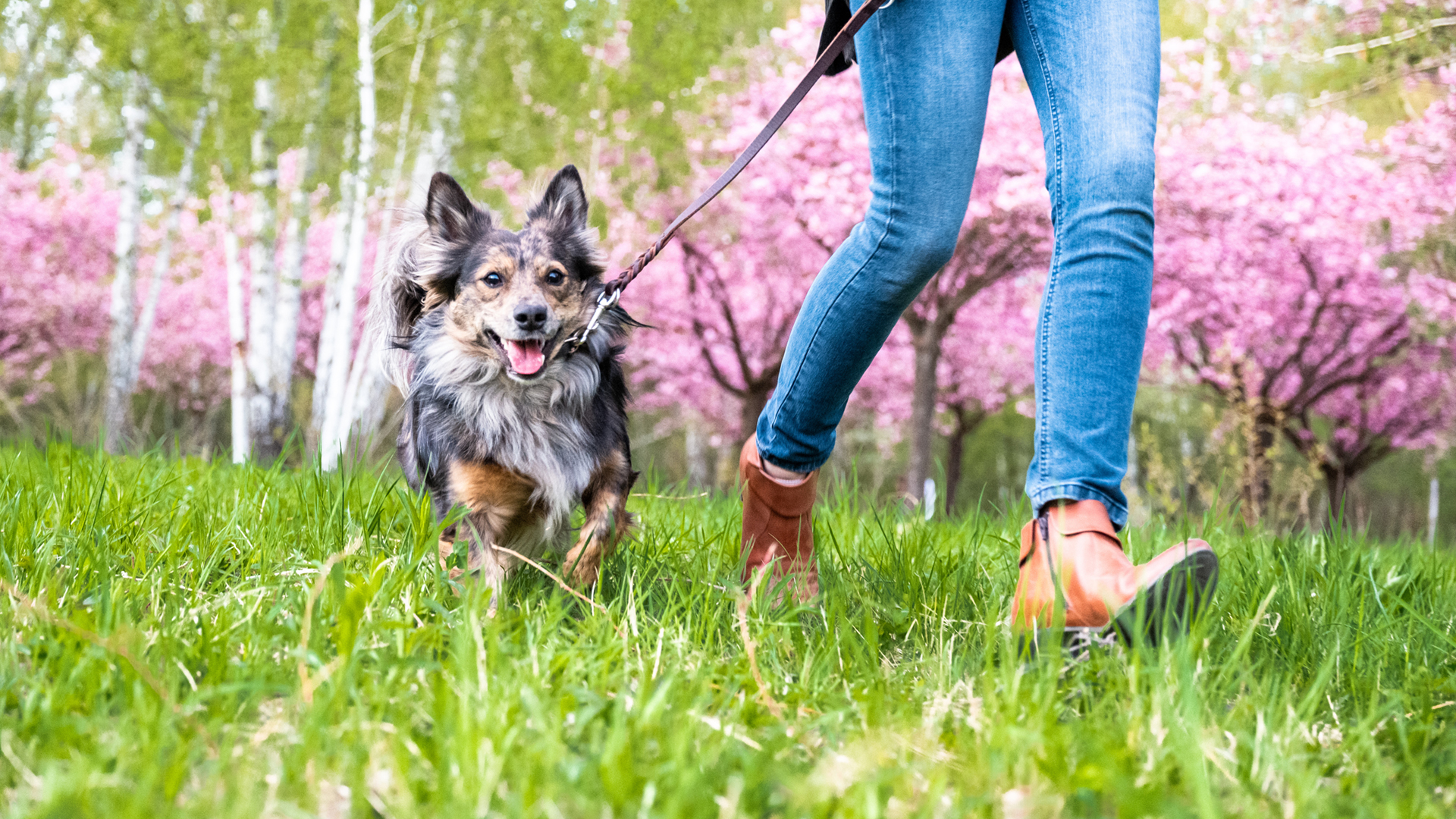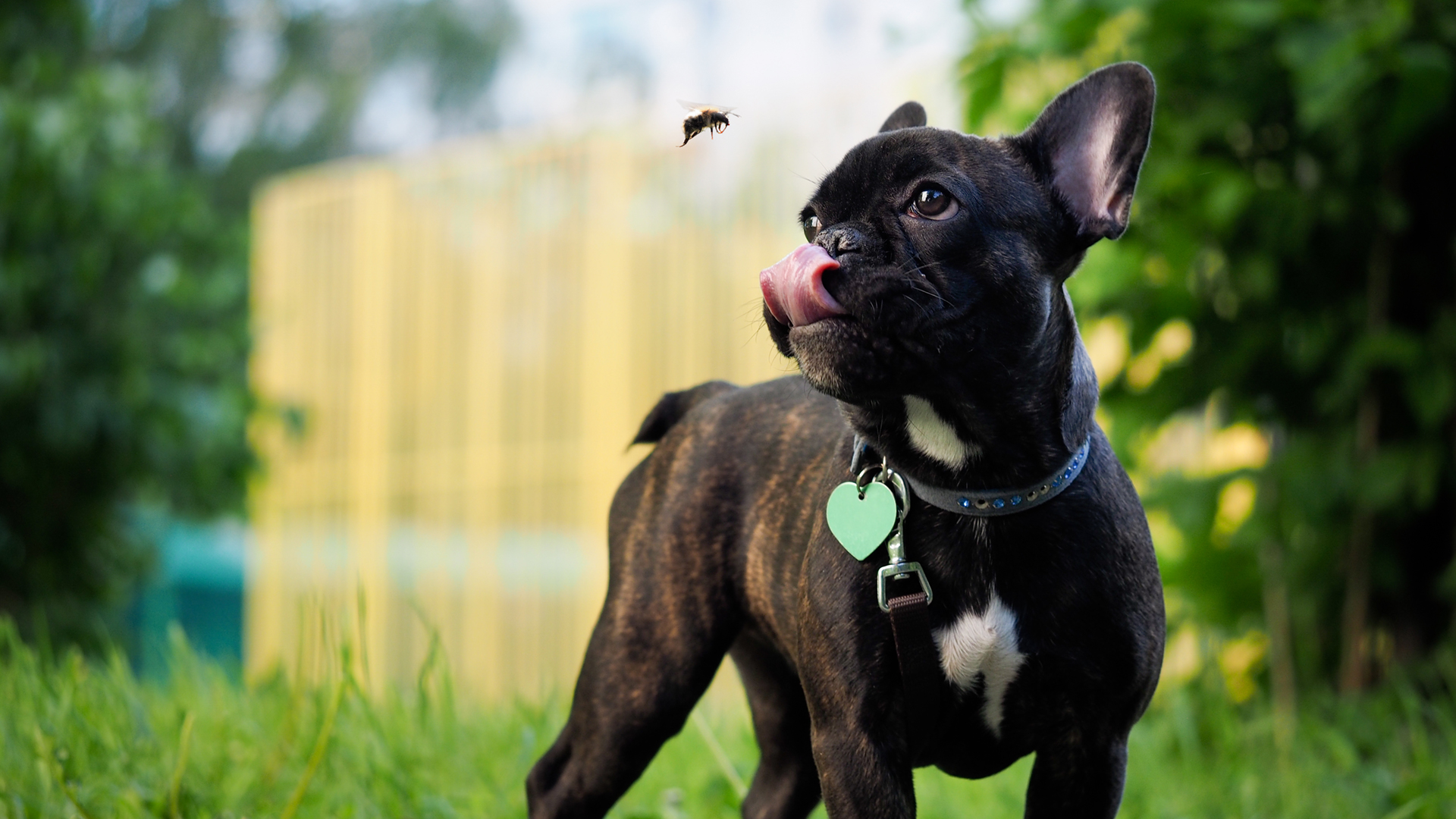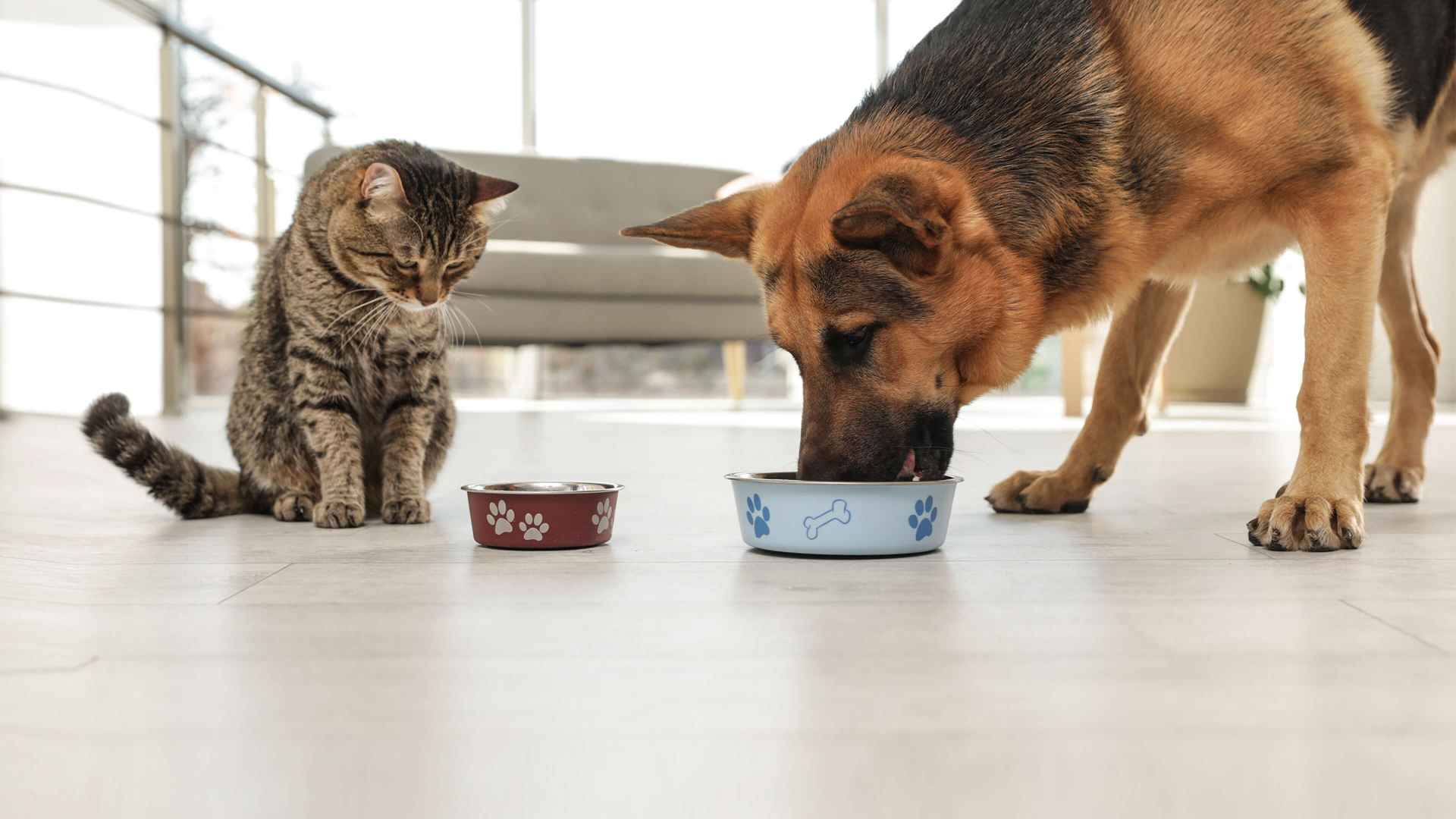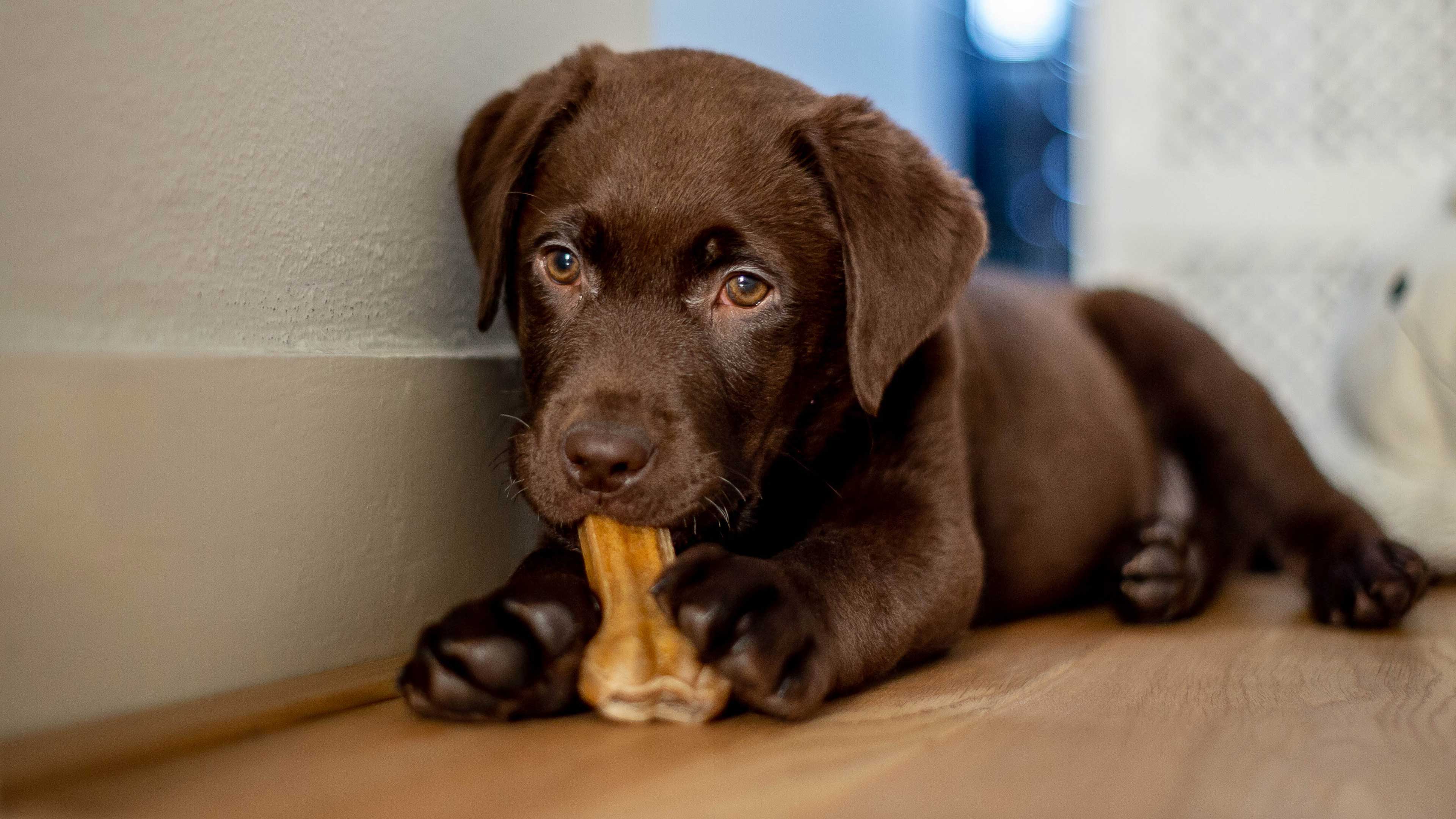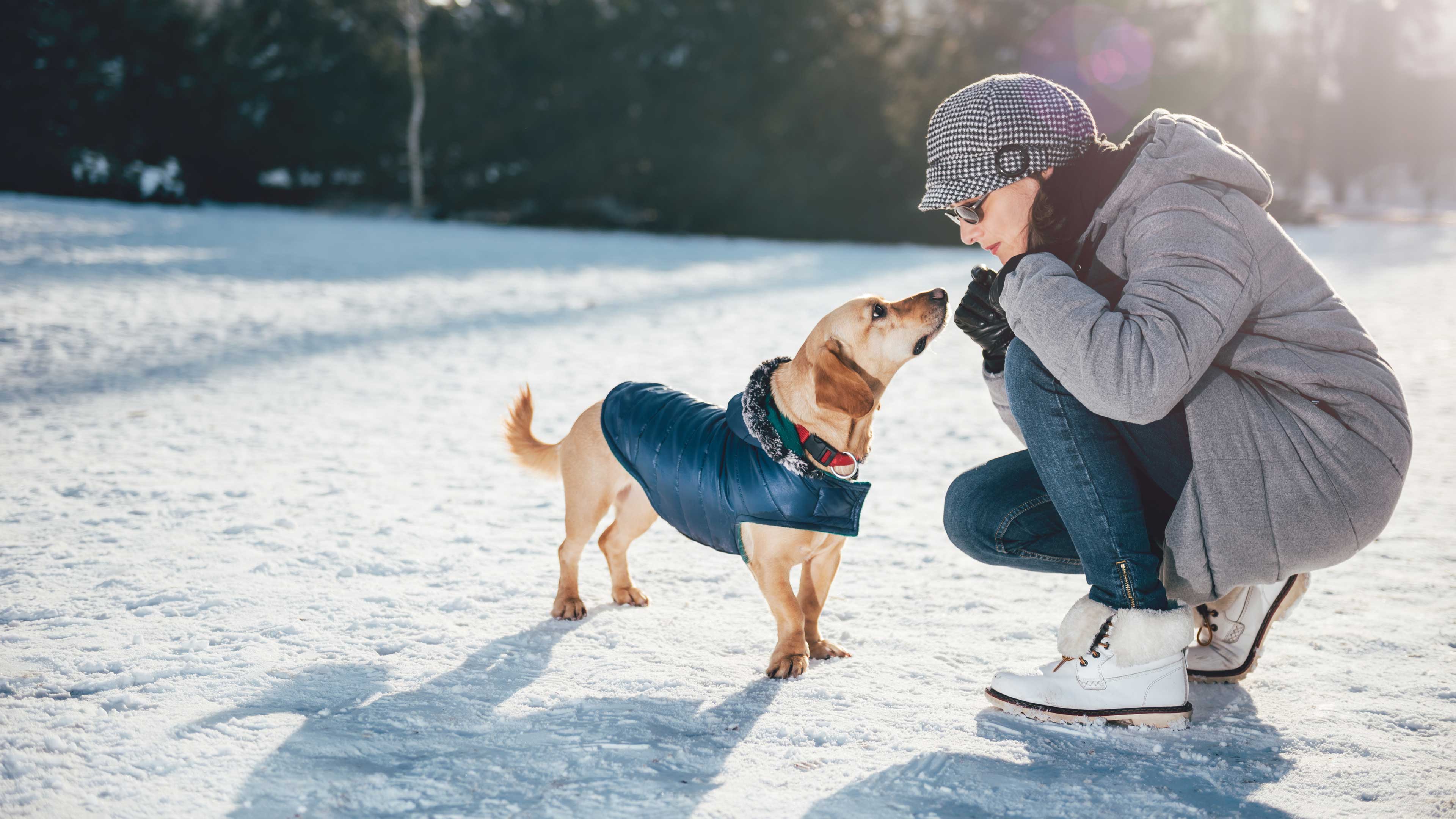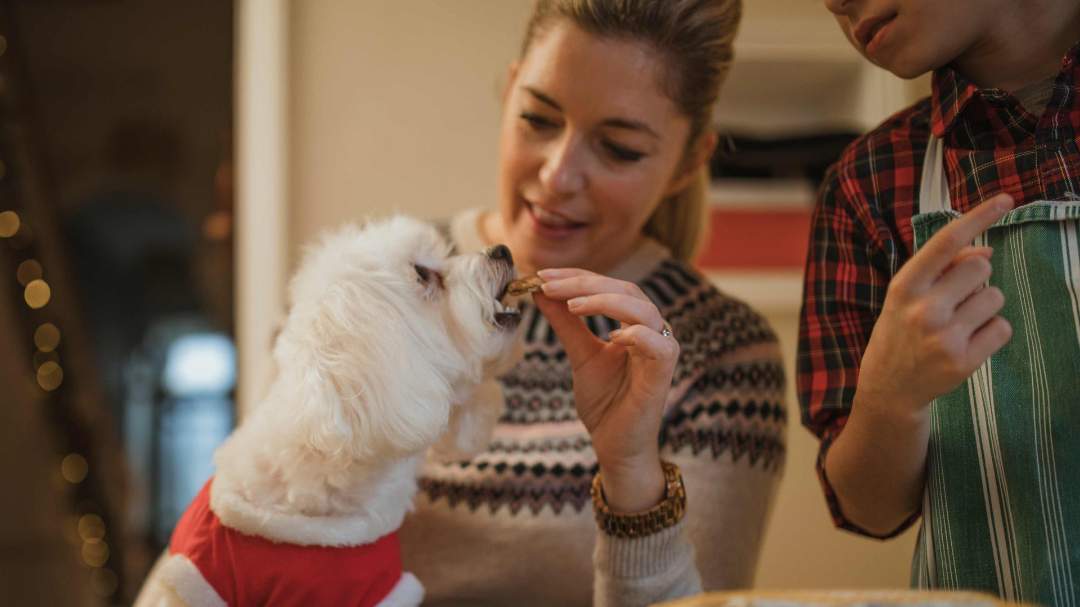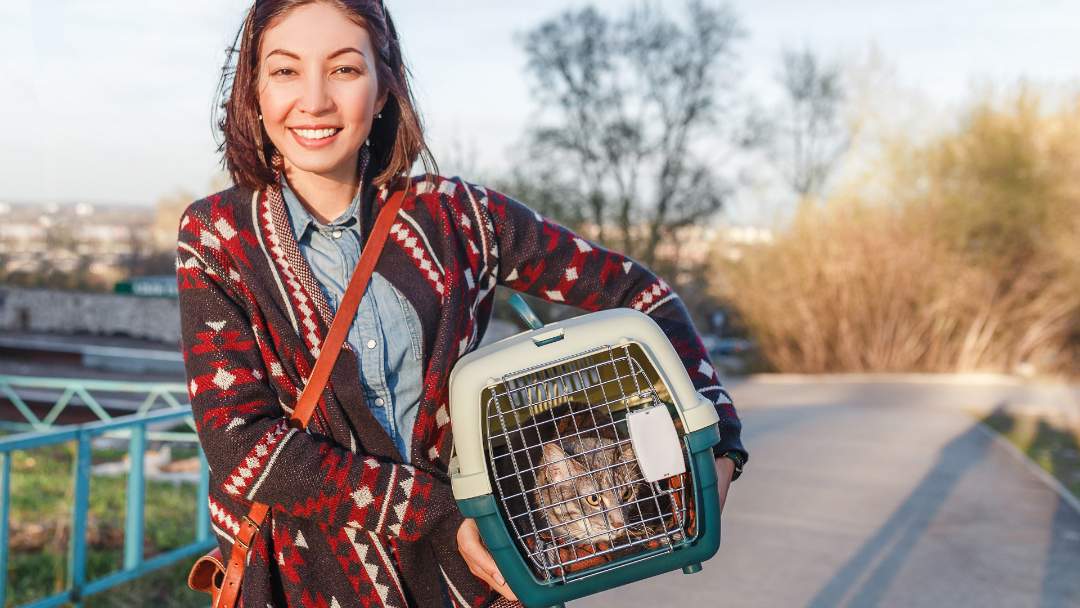how to puppy-proof your house
You have a new furry addition to your household — congratulations! Enjoy all those wet puppy kisses and sweet snuggles. While having a new little doggo around the house is a lot of fun, it can also be stressful, messy, and sometimes downright harrowing. There’s nothing scarier than when a pup gets into something they’re not supposed to. But fear not! In this blog we’ll go over ways to puppy-proof your home so you and your little one can relax and enjoy each other’s company.
Trash talk
Securing the trash receptacles in your home is a big one. It’s no secret that puppies and even adult dogs like to get into the trash. There’s lots of interesting smells coming from there, after all! It’s important to keep your trash securely closed or in a hard-to-reach spot, like in a lower cupboard.
Also, if you feed people food to your pet, they might confuse the garbage can with where you store their treats, and they might dig through the garbage looking for them. Sometimes bad habits create more bad habits.
This includes bathroom and office trash bins too! It’s not just old food your pup likes to get into.
Cut the cord (or rather, hide them)
We live in a technological world, which means cords galore! Cell phone cords, tablet cords, computer cords, TV cords — chances are you have at least a dozen cords lying around your house as we speak.
You know who loves cords? Puppies. Cords are fun little string toys that are exciting to munch on and drag around the house. But cords are dangerous for our little pets. Not only can they get electrocuted by gnawing on a plugged-in cord, but it can also lodge in their gastrointestinal tract if ingested.
In other words — cords are big no-nos, and it’s best to keep them unplugged and stashed away so your furball can’t find them.
It's the little things
Coins, pills, rubber bands, pens — you name it, a puppy has tried to eat it. And a lot of seemingly innocent objects that lie around our homes can actually be quite dangerous for your pet.
Human medications that fall on the floor or low counter can pose a poison risk for your pet, while objects like coins and rubber bands can cause blockages that can result in costly surgery or even death. Now is a good time to do a puppy audit and find a secure spot for all those pesky little objects taking up space on your tables and countertops.
Pet poisons
Pet owners should be familiar with the list of common food, plants, and chemicals that are toxic to dogs and cats. Some of those items include:
Food and beverages:
- Alcohol
- Grapes
- Chocolate
- Onions
- Garlic
- Sugar-free gum
Chemicals:
- Rat poison
- Antifreeze
- Furniture polish
- Bleach
- Fertilizers
- Herbicides
- Laundry detergent
- Drain cleaners
Medications:
- Acetaminophen
- Ibuprofen
Plants:
- Oleander
- Azaleas
- Mums
- Sago plants
- Lilies
- Mistletoe
- Tulips
- Hyacinths
- Irises
Check out a full list of dog and cat toxins.
If you have any of these items in your home, please keep them in a place that is difficult for your pet to reach or consider getting rid of them. If you think your pup has ingested any of these things, please call the Pet Poison Helpline at (800) 213-6680 and your local vet immediately. Childproof latches for cabinet doors are also a good idea.
Go for the fences
Now that you have a pup, it’s time to secure the yard. While we know fences can be expensive, it’s important that your pet has a safe and secure place if they’re let outside of the house. If you’re unable to fence your entire property, there are tutorials on how to create budget-friendly fencing. Large pet playpens are also available for purchase.
Please don’t tether your pet outside as an alternative to fencing. It may seem easier and less expensive, but it can be very dangerous for pets. They can choke or injure themselves. It’s also stressful for them and often results in sore throats from excessive barking.
If none of these options are possible, walking your pup on a leash is also a great way to get them out of the house (and going to the bathroom).
Airing dirty laundry
Puppies love socks. And underwear. And shoes. And pretty much any article of clothing their owner wears. If you’re a throw-your-dirty-clothes-on-the-ground kind of person, now’s a good time to hone your cleanup skills.
Not only is having teeth marks on your socks and underwear annoying, these articles of clothing can pose a risk for your pup who may swallow swaths of fabric.
Furniture fiasco
Puppies have energy, which means a lot of running around the house and on the furniture. Household items such as lamps, books, and plants are all fair game for hyper pups. It’s smart to remove these from easy-to-access places, unless you want to clean up broken glass or spilled dirt.
In addition to these small items, you’ll want to consider anchoring heavy furniture such as shelves, in case your pup likes to jump on the furniture.
And watch out for pups that just like to chew on the furniture itself. Sometimes pet owners need to use specific substances that taste bad to help dissuade pets from chewing or scratching on furniture or surfaces.
You can review additional tips on how to take care of a new puppy in your home, along with other new puppy owner tips.
We also have a puppy checklist for bringing a puppy into your home.
And don’t forget, if your pet has an Optimum Wellness Plan, you can use your 24/7 Pet Chat™ feature to ask a licensed veterinary professional your puppy questions.
 Mites and mange
Mites and mange Podcast - Not Just Fluff
Podcast - Not Just Fluff
